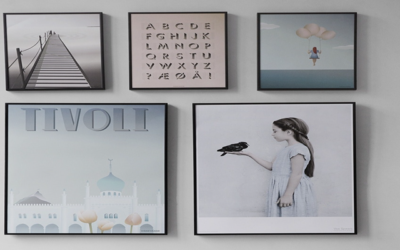Dark Fantasy Art
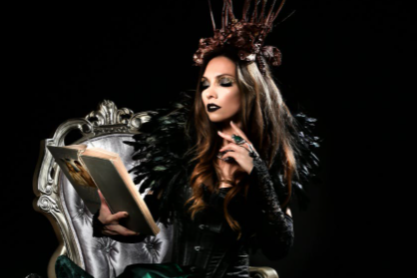
10 Dark Fantasy Art Clichés that Have Been Done to Death
Whether you’re an aspiring novelist, a video game designer or just a world-building enthusiast, fantasy is undoubtedly one of the broadest genres of all. While many people would agree that J. R. R. Tolkien was the father of the modern fantasy epic, countless writers ever since have shamelessly copied his work.
Literary agents, publishers and editors are also starting to tire of the constant stream of manuscripts they receive that are little more than clones of past great works. In an increasingly competitive marketplace, anyone seeking credibility for their creative writing will first need to take a step back and prioritize originality before putting pen to paper.
Avoiding clichés in dark fantasy art is often difficult. After all, many authors prefer to save time and present an immediately familiar environment to readers. While a one or two clichés can be just fine, using too many will just make people groan. Following are some of the most commonly overused themes in fantasy that you should try to avoid:
1. Overused Dark Fantasy Races
Merely seeing words like elf, dwarf, gnome or orc is enough to put many potential readers off immediately. These classic fantasy races lost their freshness long ago, but many lazy authors and world builders still insist on making them a major part of their works. If your project involves any of these overused fantasy races, you should at least consider forgoing common stereotypes, such as elves being magical immortal beings and excellent archers. Likewise, it is important to show a degree of variation among the members of your fantasy races and creatures, lest the clichés quickly spiral out of control.
2. Cardboard Cut-out Dark Fantasy Villains
Just like the stereotypical antitheses of the stalwart superhero, cardboard cut-out villains have become so clichéd that they no longer have any credibility. The ubiquitous Dark Lord in fantasy is nothing more than a stereotypical villain who goes around causing chaos for the sole reason that he is evil. He probably also wears black and is very ugly, just for good measure. In reality, no one can be considered purely evil or purely good, and even the most terrible villain should have their motivations, however misguided they might be. One only needs to look at the Game of Thrones series to see how ‘grey’ characters can be.
3. Damsels in Distress
Another common cliché in fantasy is the damsel in distress, a character who exists for no other purpose than to keep getting captured and rescued by the superhero, who probably falls in love with her in the process – at least that is the dark fantasy. Adopting this age-old cliché will make your novel read more like a Disney story than anything remotely serious. If you must have such a scenario, it is essential that you flesh the character out and give her a wider sense of purpose than just waiting for the hero to come along. Instead, consider breaking the tradition by having a main or supporting female character who is very much capable of looking after herself and, perhaps, rescuing others.
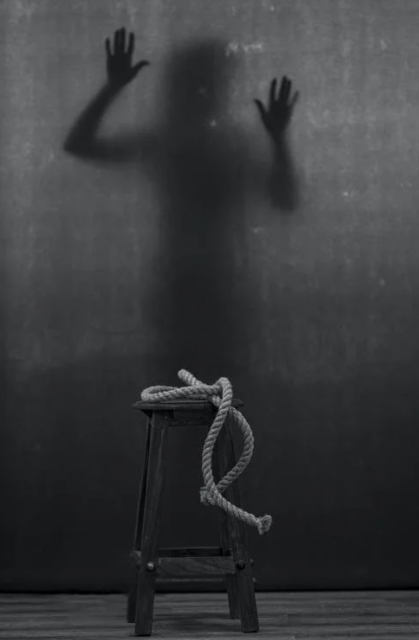
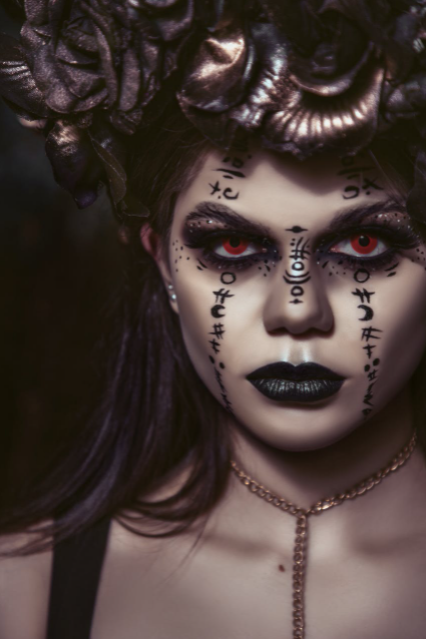
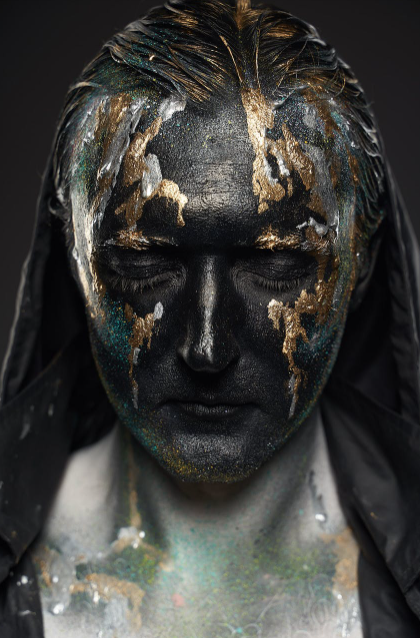
4. Medieval Worlds
Many fantasy worlds exist in a technologically stagnant idealization of the Middle Ages where pretty much everything has been the same for thousands of years. As such, the term ‘sword and sorcery’ is often used to label such works of fantasy. Again, these worlds tend to be copies of Middle Earth without bringing anything new to the genre. Instead of using this ubiquitous pseudo-medieval setting, consider trying something completely different by drawing your inspirations from other periods and cultures. For example, there’s no reason why an epic fantasy can’t be set in a world inspired by classical civilization or the industrial revolution.
5. Unlimited Magic
Magic invariably plays an important role in most works of fantasy, but it must also have its rules and limitations. After all, unlimited magic would have such a profound effect on society that your world can become completely implausible very quickly. If your magic system doesn’t have any rules, it could theoretically be used to solve all of the problems presented by the story. Take George R.R. Martin’s Song of Ice and Fire series, for example, where magic plays a very minor yet important role in the story, particularly during the first few books. In fact, many fantasy worlds should even be able to get by just fine without any magic at all.
6. Witches and Wizards
In close relation to having unlimited magic, witches and wizards have become as clichéd as elves and dwarfs. The stereotypical wizard is a wise old man of the likes of Gandalf who guides and educates the protagonist, while the stereotypical witch tends to be an evil old hag stirring a cauldron. Instead of using these clichés, consider creating an advanced and distinct society of magic users in your fantasy world, one that serves a purpose that deviates from the norm. Additionally, don’t try to cover up the cliché just by using different terms, such as ‘druid’, ‘mage’, ‘sage’ or ‘sorcerer’. Again, they’ve all been done to death.
7. Chosen Ones
Perhaps the most common of all clichés as well as one of the defining characteristics of the entire genre, the concept of the chosen one often comes across as contrived. More often than not, the chosen one is a central character with a destiny to fulfil some prophesy. As such, the ending of the story is almost given away immediately, and the drama will fail to have an impact. The most enjoyable reading experiences involves watching the main character(s) evolve as they work to overcome the challenges that face them. Instead of having your main character being a chosen one, consider giving them another, more plausible motivation.
8. Retelling Well-Known Legends
Fantasy is invariably heavily inspired by myths and legends from around the world. Even those who avoid the most common clichés tend to end up reinventing the wheel by effectively creating versions of Germanic legends or Icelandic sagas, albeit adapted to the tastes of more modern audiences. While it’s highly likely that the basic premise of your story has been done a number of times before, it’s always a good idea to avoid drawing all of your inspiration from a single source or set of sources. When it comes to epic fantasy, world-building plays an important element, and a little creativity will go a long way to having a more plausible, credible and original setting.
9. Small but Mighty Artefacts
The Lord of the Rings arguably started the whole trend of small objects wielding enormous power that could destroy the whole world should they fall into the wrong hands. Entire plots often revolve around quests to obtain such artefacts, but it’s increasingly difficult to avoid coming across as contrived when adopting this popular fantasy theme. More often than not, the small and mighty artefact in question is magical and tied with prophesy.
10. Kings and Queens
Kings, queens, princesses, princes and castles are all words that frequently come to mind when thinking of fantasy fiction. More often than not, the princess is a beautiful damsel in distress while the king is either benevolent and peace-loving or a cruel tyrant. Absolute monarchies also tend to prevail in the political systems of fantasy worlds, but why not consider something a little different? This cliché tends to go hand-in-hand with the pseudo-medieval setting that many fantasy writers use.
Final Words
Given that fantasy fiction has developed a storied history and has been booming in popularity in recent years, you’ll likely find it impossible to avoid all of the clichés mentioned above, but that’s fine. After all, it is the very clichés of fantasy fiction that make the genre what it is. As is always the case in creative writing, the above tips should only be considered guidelines. Most importantly, be sure to approach common fantasy themes with care, and be particularly wary of adopting any well-known stereotypes.
Helpful Decorating Guides

